Workplace culture is a concept that can significantly impact an organisation’s performance in the long run. A toxic work atmosphere often results in a lack of productivity, a high turnover rate, and a decrease in revenue. In contrast, a workplace that nurtures a positive culture demonstrates the company’s emphasis on good principles and sound business strategies that motivate employees to drive the company’s success.
While it is normal to feel fatigued and burnt out on some days, having this constant feeling of dreariness and low morale should be a cause for concern. It is often easy to determine if a workplace is toxic based on your gut feeling, especially if you are good at picking up cues like hostile language and microaggressions.
Having a culture coach can help you address these problems at the root of your work culture, which may stem from many factors such as poor communication, micromanagement, and profit-oriented rather than people-centric policies. These issues require a lot of effort to eliminate, and one of the benefits of hiring a culture coach is having an extra pair of hands to help you undertake this challenge.
Is it time for you to enlist the help of an expert? Here are five signs that you might need a culture coach to help you incite positive changes throughout your team:
You Have an Unenthusiastic Workplace
Look around your workplace on a regular day. Does the environment seem active and happy? Do your colleagues look enthusiastic and motivated? If your workplace has a tense and gloomy vibe, then perhaps there is a latent problem in its culture that you need to resolve. Unhappy environments prevent people from getting work done, leading to severe decreases in productivity.
Fortunately, a culture coach can help you establish strategies for fostering a happier workplace. It may include renewing efforts to invest in people and create a culture where everyone is appreciated and knows their value in the company.
Your Teams Communicate Poorly
Open communication is the key to any relationship, especially if there is face-to-face communication daily. Poor communication often reflects a lack of transparency and eliminates that sense of mutual trust and honesty.
For your company to thrive, you would need to promote the idea of openly sharing ideas. It includes giving constructive feedback and providing input on areas of improvement to ensure that everyone performs at their best.
A culture coach can help address these issues by teaching leaders how to connect with their subordinates in a more adaptable way, be it through verbal or written communication.
Your Workplace Is Exclusionary
Having friend groups in the workplace is not necessarily a bad thing. They can help establish acquaintanceships with co-workers, which, in turn, can result in camaraderie among your people. But if your workplace is starting to look like a typical high school movie filled with cliques and gossip, then maybe it is time you made some changes.
Again, while specific friend groups are quite normal for any organisation, having any of these groups bully, discriminate, and exclude others in the workplace is not healthy. Clique-ish behaviour often leads to gossip, office drama, and a sense of cronyism wherein the “favourites” reap a larger share of perks and benefits. While friendly competition boosts motivation and productivity, it could worsen company culture once it turns hostile.
You can eliminate this exclusionary mindset by having a culture coach that can develop compassion and empathy in your leadership team. A coach can also help you develop action plans to boost team engagement to prevent disconnectedness. A productive and conducive work environment encourages people to treat each other as equals and enforces policies preventing toxic behaviour among all its employees.
Your Colleagues are Always Fearful
Having tyrannical leaders often results in dissatisfied employees, instigating a domino effect that would impact your retention rate and revenue. Toxic bosses are often too controlling and want to assert their authority over others. They are also inconsiderate, unwilling to take suggestions, and sometimes can berate subordinates when they mess up. Having threatening leadership decreases psychological safety in the workplace, resulting in teams that are hesitant to share creative ideas and take risks.
Proper leadership training with the guidance of a culture coach can help your management team improve their approaches to handling subordinates. By developing managerial leadership skills, you will have a team that is unafraid to speak candidly, exchange input, and ask more challenging questions.
Your Workplace Has No Work-Life Balance
Career-oriented people often use their passion and dedication as reasons for putting too much time and effort into their work. Toxic workplaces can exploit these values and leave team members and leaders with no work-life balance. A workplace that disregards employee well-being can lead to pervasive burnout, which is counterproductive and hinders your organisation from performing well.
To have a non-toxic work environment, your organisation has to instil the idea that employees should not feel guilty, for example, taking a break. A culture coach can be vital for establishing a work environment that sees the importance of employee well-being and allows them to have a life outside work.
A Step Towards a Better Culture
Ultimately, the decision to act for a better culture for an organisation lies in its leaders. If you are a leader, a culture coach can steer you in the right direction by helping you create the strategies for making positive changes across your organisation. If you start to see signs that your workplace environment is hindering itself from progress, you should not only bring it to the team’s attention, but perhaps hire a culture coach who would give you that extra specialised expertise.
If you want to know more, call us on 1300 551 274 or send an email at team@teamfocusplus.com. We look forward to hearing from you.





